Hydrogen Industry
Queensland's hydrogen future
The global hydrogen production market was valued at $US115.25 billion in 2017 and is expected to grow to over $US200 billion by 2026. Australia is well positioned to capture a significant share of the global H2 market and the energy powerhouse state of Queensland will play a major role due to its enviable capacity to produce renewable and alternative energy. The state is rich in renewable energy resources with existing large-scale solar, wind, biomass, geothermal and hydroelectric energy projects, alongside significant, globally competitive energy and resources sectors in coal, oil and gas, minerals and agriculture. Queensland has the perfect combination of abundant natural resources, leading edge research capability and professional know-how to become a leader in the transition towards a clean energy future.
Building commercialisation opportunities
RDA Brisbane is proud to auspice Queensland's hydrogen industry cluster, H2Q. The cluster has received 12 months’ seed funding from NERA (National Energy Resources Australia) to connect and facilitate the sustainable growth of the hydrogen technology ecosystems in Queensland. H2Q is one of 13 regional clusters funded by NERA to connect the H2 ecosystems nationally.
The goal is to build the skills, capacities and commercialisation opportunities necessary to unlock Australia's enormous potential to create a globally competitive hydrogen industry. Within Queensland H2Q is connected with a range of universities, including Queensland University of Technology, Griffith Univer.sity and The University of Queensland. This provides insights into research addressing the technical, social and practical dimensions of energy transitions and links to Australia's Cooperative Research Centres

H2Q’s vision is championing the acceleration of hydrogen adoption and the development of clean energy solutions to deliver new jobs, regional prosperity and the decarbonisation of our industries and communities.

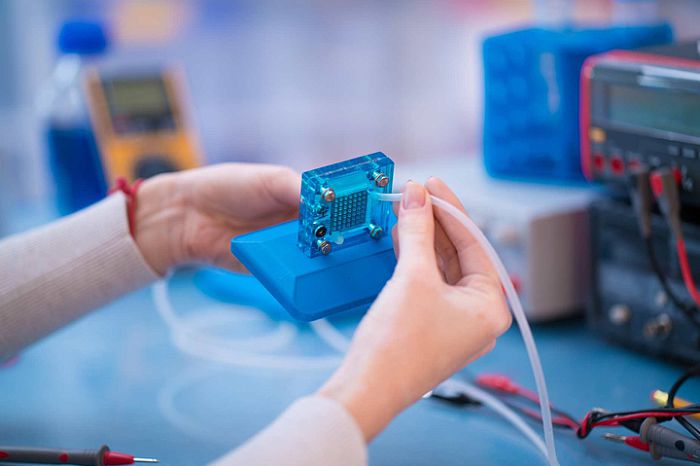 The H2Q industry cluster exists to build Queensland and Australia’s hydrogen capability through collaboration, scale and reputation, to deliver business, investment and export opportunities for local businesses.
The H2Q industry cluster exists to build Queensland and Australia’s hydrogen capability through collaboration, scale and reputation, to deliver business, investment and export opportunities for local businesses.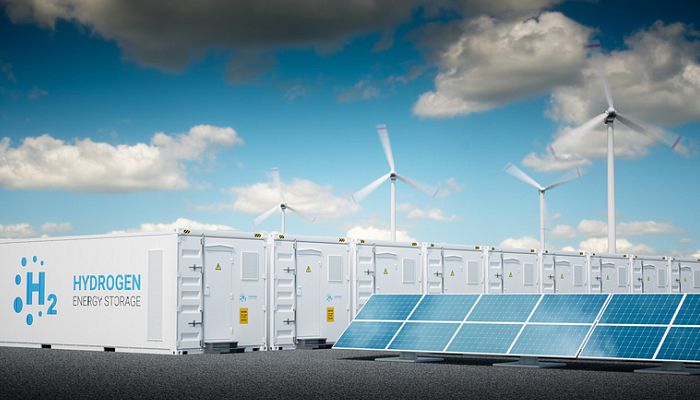 The H2Q cluster contributes by leveraging business innovation through competitive collaboration, forming critical mass and supporting ecosystem to enable investment in new technology.
The H2Q cluster contributes by leveraging business innovation through competitive collaboration, forming critical mass and supporting ecosystem to enable investment in new technology.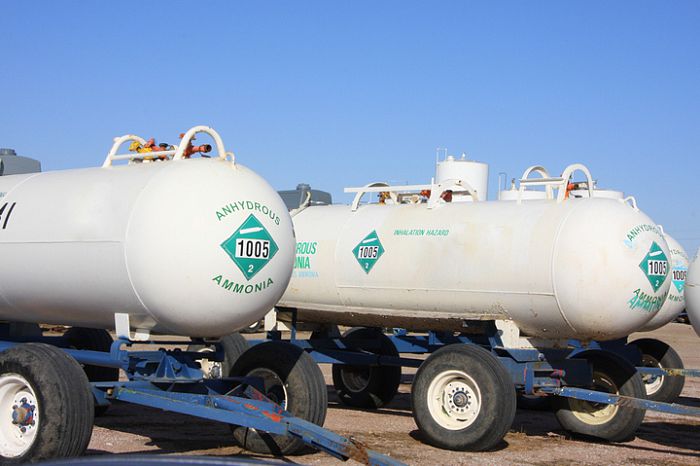 About 55% of hydrogen produced globally is used for ammonia synthesis. In Queensland, Dyno Nobel is assessing the feasibility of producing ammonia from solar hydrogen as a potential commercial replacement for ammonia that is imported to site.
About 55% of hydrogen produced globally is used for ammonia synthesis. In Queensland, Dyno Nobel is assessing the feasibility of producing ammonia from solar hydrogen as a potential commercial replacement for ammonia that is imported to site.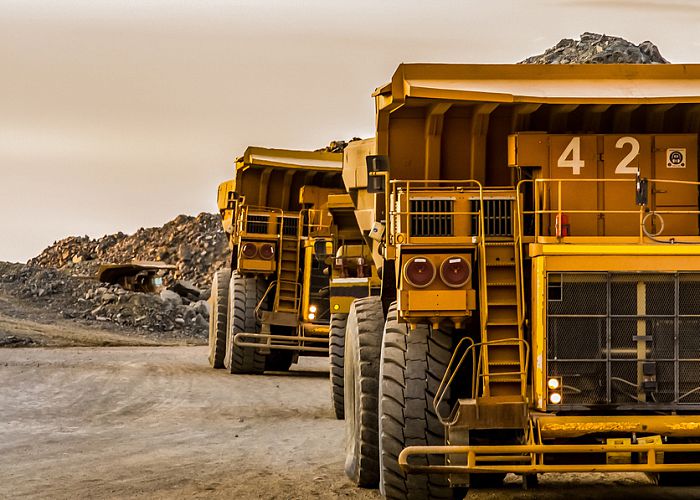 Hydrogen could displace diesel for heaviest vehicles, be used as storage to hold excess renewable energy, and as a processing element, replacing coking coal and sulphuric acid.
Hydrogen could displace diesel for heaviest vehicles, be used as storage to hold excess renewable energy, and as a processing element, replacing coking coal and sulphuric acid.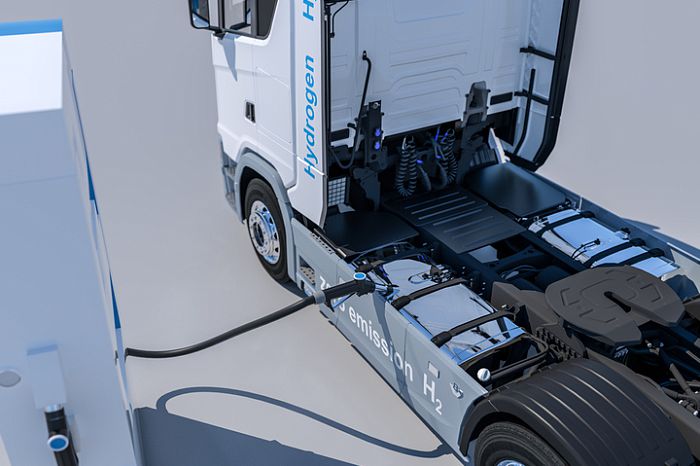 There is great potential for hydrogen to assist the transport sector transition to a zero emissions future. H2Q contributes by enabling the environmental, infrastructure and planning process necessary to stimulate industry investment in zero emission technology.
There is great potential for hydrogen to assist the transport sector transition to a zero emissions future. H2Q contributes by enabling the environmental, infrastructure and planning process necessary to stimulate industry investment in zero emission technology.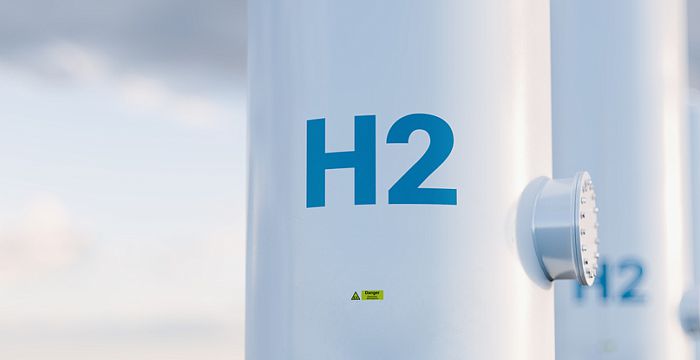 AB Plus
AB Plus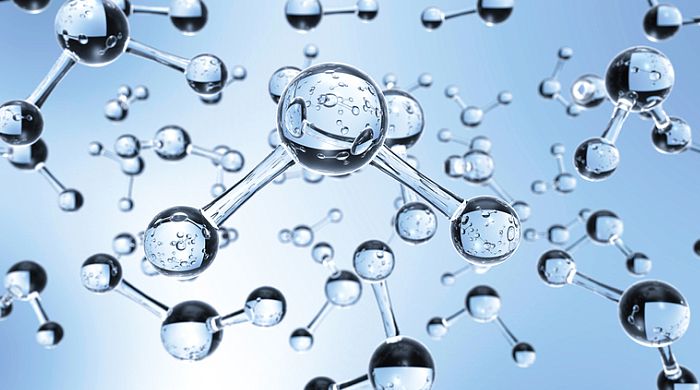 H2Q is keen to connect with innovation clusters around the world to explore opportunities for collaboration and growth. Join the LinkedIn group here:
H2Q is keen to connect with innovation clusters around the world to explore opportunities for collaboration and growth. Join the LinkedIn group here: